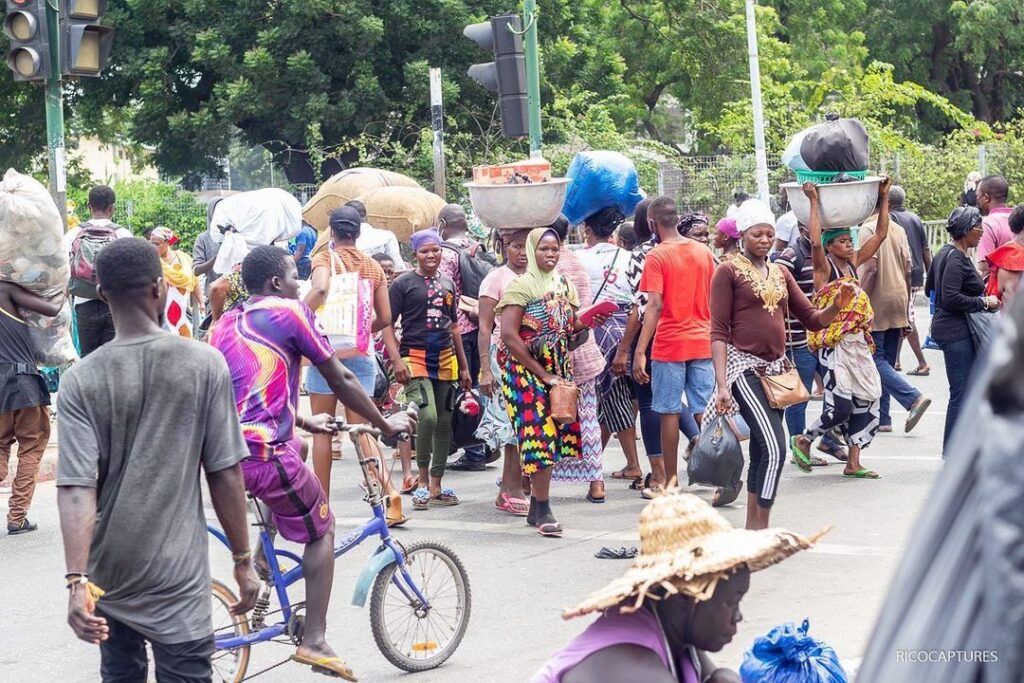Society plays a crucial role in supporting street girls and addressing the underlying factors that contribute to their vulnerable situation. Here are some key ways in which society can offer support:
Awareness and Education
Increasing awareness about the issues faced by street girls is essential in mobilizing support. Educating the public about the root causes of their situation, such as poverty, family breakdown, and lack of access to education, can help foster empathy and understanding. Awareness campaigns, community forums, and educational programs can contribute to changing societal attitudes and perceptions towards street girls.
Access to Education
Providing access to quality education is vital in empowering street girls and offering them a pathway out of their vulnerable circumstances. Efforts should be made to remove barriers to education, such as financial constraints, gender discrimination, and lack of appropriate schooling facilities. Collaborations between government, NGOs, and community-based organizations can help establish and sustain educational programs specifically tailored for street girls.
Shelter and Basic Needs
Society can support street girls by ensuring their immediate needs for shelter, food, clothing, and healthcare are met. Establishing shelters or safe houses that offer temporary accommodation and support services can provide a safe haven for girls to escape the dangers of street life. Community organizations and individuals can contribute by donating resources, volunteering their time, or advocating for government support in establishing and maintaining such facilities.
Rehabilitation and Skill Development
Street girls often face trauma, substance abuse, and a lack of life skills. Society can play a significant role in providing rehabilitative services, counseling, and skills training to help girls reintegrate into society. Vocational training programs can equip them with marketable skills, increasing their chances of employment and economic independence. Collaborations with businesses and employers can create opportunities for apprenticeships and job placements for these girls.
Legal Support and Advocacy
Society can support street girls by advocating for their rights and ensuring they have access to legal aid. This involves working with legal professionals and human rights organizations to address issues such as child protection, exploitation, and access to justice. Advocacy efforts can help shape policies and legislation that provide adequate safeguards for street girls and hold perpetrators accountable.
Empowerment and Mentorship
Society can empower street girls by providing mentorship and positive role models who can guide them towards a better future. Mentoring programs can offer emotional support, life skills training, and guidance in areas such as education, career choices, and personal development. Empowering street girls to become active participants in their communities can help break the cycle of poverty and vulnerability.
Collaboration and Partnerships
Addressing the challenges faced by street girls requires collaborative efforts between government agencies, NGOs, community-based organizations, and individuals. By working together, sharing resources, and leveraging expertise, society can create a comprehensive support system for street girls. Collaboration can also help ensure that interventions are sustainable, well-coordinated, and tailored to the specific needs of street girls in different regions.
In conclusion, society has a crucial role to play in supporting street girls. By raising awareness, providing access to education, offering shelter and basic needs, facilitating rehabilitation and skill development, providing legal support, empowering through mentorship, and fostering collaboration, society can contribute to the well-being and empowerment of street girls, helping them break free from the cycle of street life and offering them a chance at a brighter future.
WHAT’S OUT THERE: Street Girls Aid









This Post Has One Comment
Great piece 👏